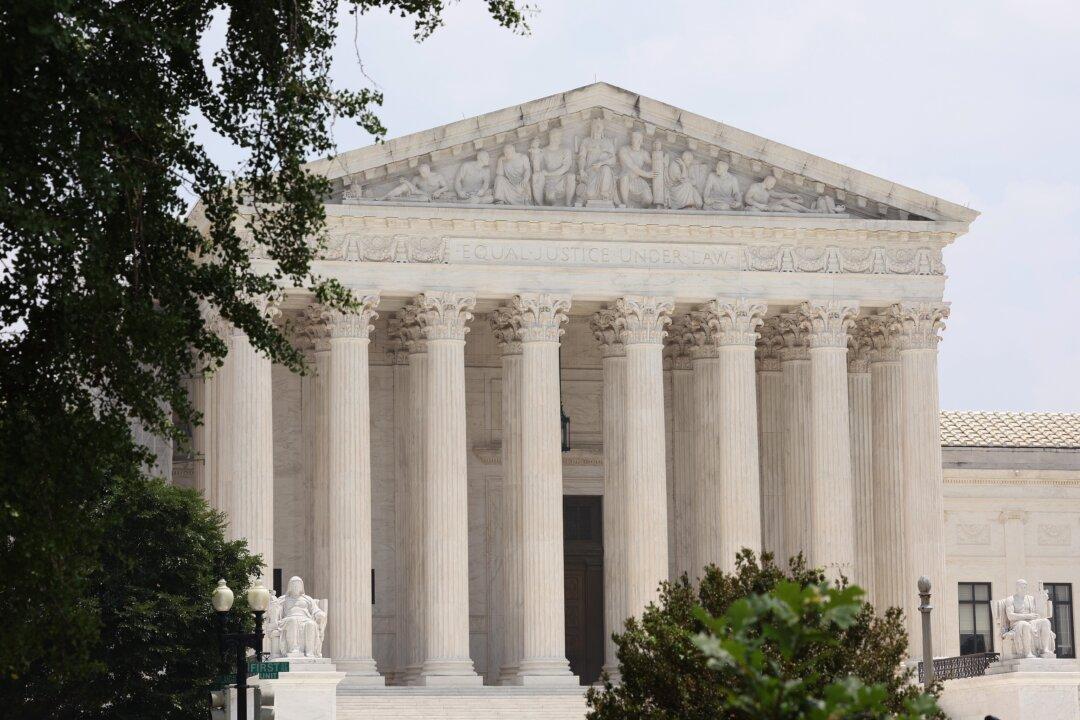The Supreme Court on Friday lifted restrictions on the Biden administration’s communication with social media companies while a lawsuit alleging that a slew of high-level federal officials strong-armed social media companies to censor free speech is ongoing.
The ruling pauses a preliminary injunction issued in response to what two lower courts found to be a “coordinated campaign” by senior Biden administration officials to censor disfavored views expressed on social networking platforms.





